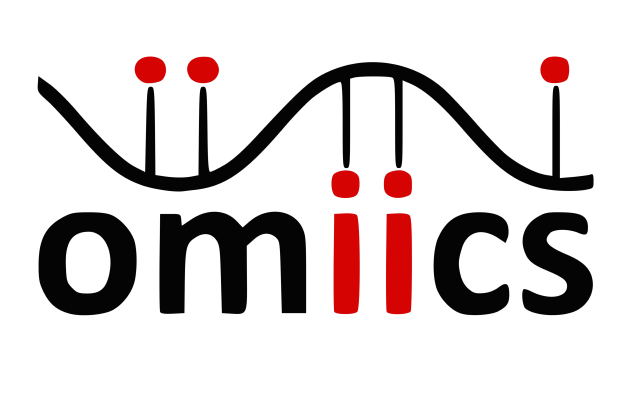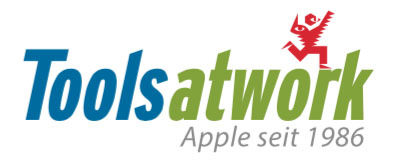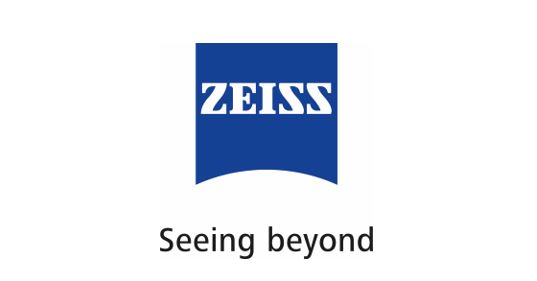
The „Microsymposium on RNA Biology“ is an international conference that brings together young scientists, junior and senior group leaders, and company representatives from all over the world to present and discuss their latest findings in the exciting field of small RNAs and beyond. The Microsymposium was founded in 2005 and has established itself as the major small RNA meeting in Europe. It is organized by the four research institutions IMBA, IMP, GMI and the Max Perutz Labs as well as by the RNA community of the Vienna BioCenter.
In all three eukaryotic kingdoms, small regulatory RNAs play a key role in the silencing of gene expression at the post-transcriptional and the transcriptional level. They have central functions in the repression of viruses and transposons and they play essential roles in coordinating organismal development, physiological processes and human diseases, such as cancer.
To strengthen the focus on the new generation of scientists, the Microsymposium invites—besides established leaders in the field— postdocs and PhD students (selected from submitted poster abstracts) as speakers. This allows the up-and-coming scientists to present their projects and results to a highly qualified, engaged and dynamic audience and is a major distinguishing factor from other conferences.
Speakers
Julie Aspden, University of Leeds
Elena Conti, Max Planck Institute of Biochemistry (MPIB)
Johann Danzl, Institute of Science and Technology Austria
Sebastian Falk, Max Perutz Labs
Xiaoqi Feng, John Innes Centre
Marc Friedländer, Stockholm University
Julien Gagneur, Technical University of Munich
Rachel Green, Johns Hopkins University
Axel Innis, Institut Européen de Chimie et Biologie (IECB)
Mounia Lagha, CNRS-UMR
Christopher Lima, Memorial Sloan Kettering Cancer Center
Yorgo Modis, University of Cambridge
Zissimos Mourelatos, University of Pennsylvania
Karla Neugebauer, Yale School of Medicine
Clemens Plaschka, Research Institute of Molecular Pathology (IMP)
Jean-Yves Roignant, University of Lausanne
Omri Wurtzel, Tel Aviv University
Daniel Zenklusen, University of Montreal
Program 2022
DAY1: Wednesday April 06th
11:00 welcome & introduction
Session 1: Translational control
11:30 Rachel Green - Colliding ribosomes function as a signaling hub for mediating cell fate decisions
12:00 [EMBO YIP lecture] Axel Innis - The ribosome as a small molecule sensor
12:30 Pratik Dave - Single-molecule imaging reveals the coupling of translation and mRNA decay
12:50 lunch break
13:50 Julie Aspden - What are neuronal long non-coding RNAs doing in the cytoplasm?
14:20 Laura Lorenzo-Orts - Mechanistic insights into maternal mRNA repression and storage in the egg via a non-canonical eIF4E
Session 2: RNA modifications
14:40 Jean-Yves Roignant - Loss of Pseudouridine synthase 7 alters codon specific translation efficiency in the Drosophila brain
15:10 Omri Wurtzel - m6A is required for resolving the identity of planarian stem cells
15:40 coffee break
PhD workshop pt.1
16:10 David Wiener - Decoupling of degradation from deadenylation resculpts poly(A) tail length in yeast meiosis
16:30 Vytaute Boreikaite - RBBP6 activates the pre-mRNA 3′ end processing machinery in humans
16:50 Samoil Sekulovski - Structure of the human tRNA splicing endonuclease defines substrate recognition
17:10 Ionut Atanasoai - RNA affinity purification followed by sequencing (RAPseq) enables versatile biological applications by profiling in vitro innate RBP-RNA interactomes.
17:30 end of talks
Free evening for attendees
DAY 2: Thursday April 07th
Session 3: RNA processing
09:00 Karla Neugebauer - How coordination between transcription and splicing determines gene output
09:30 Clemens Plaschka - mRNA recognition and packaging by the transcription-export complex
10:00 Alexandra Bergfort - Function of C9ORF78 in alternative splicing through an interplay with the RNA helicase BRR2
10:20 coffee break
10:50 Karina Jouravleva - Structural basis for accurate and efficient microRNA biogenesis in flies
11:10 Daniel Zenklusen - Single-molecule imaging suggests compact and spliceosome dependent organization of long introns
11:40 coffee break
PhD workshop pt.2
12:10 Julie Autaa - The H3K9 demethylase KDM3 prevents auto-immune piRNAs production in Drosophila
12:30 Lisa Baumgartner - A sequence-specific DNA binder guides the chromatin reader protein Rhino to piRNA sources
12:50 Salman Shehzada - A SUMO E3 ligase is involved in target-directed small RNA degradation during DNA elimination in Tetrahymena
13:10 lunch break
Session 4: Development and imaging
14:10 Johann Danzl - High-resolution optical imaging to decode RNA in spatial context
14:40 [EMBO YIP lecture] Mounia Lagha - Regulation of gene expression during the awakening of the zygotic genome
15:10 [EMBO YIP lecture] Xiaoqi Feng - Epigenetic reprogramming in plant germlines
15:40 Kseniya Khamina - A MicroRNA Next-Generation-Sequencing Discovery Assay (miND) for Genome-Scale Analysis and Absolute Quantitation of MicroRNAs across Sample Types and Species
16:00 coffee break
PhD workshop pt.3
16:30 Yael Admoni - Functional characterization of a “plant-like” HYL1 homolog in the cnidarian Nematostella vectensis indicates a conserved involvement in microRNA biogenesis
16:50 Giulia Corbet - dsRNA-induced condensation modulates PKR activation
17:10 Marieke Trasser - Chromatin determinants of de novo transposon silencing in Arabidopsis thaliana
17:30 Poster Session I
19:00 Symposium dinner
DAY 3 – Friday April 08th
Session 5: RNA decay
09:00 Elena Conti - Molecular mechanisms and regulation of the cytoplasmic RNA-degrading exosome
09:30 Thomas Welte - Convergence of distinct RNA-silencing pathways on GW182/Tnrc6
09:50 Christopher Lima - Targeting RNA for decay
10:20 coffee break
Session 6: small RNA biology
10:50 Zissimos Mourelatos - Molecular and Biological functions of piRNPs in mice and flies
11:20 Walter Bronkhorst - A nuage-localized Vreteno-GTSF2-Ago3 complex drives piRNA biogenesis in Bombyx mori
11:40 Sebastian Falk - Mechanistic insights into C. elegans piRNA biogenesis
12:10 Marc Friedlaender - agoTRIBE detects miRNA-target interactions in single cells
12:40 Lunch & Poster Session II
Session 7: RNA & Disease
14:40 Yorgo Modis - How do cells sense viral RNA? Role of MDA5 as a mechanical proofreader
15:10 Marco Incarbone - A hormone-activated mobile RNAi mechanism defends plant stem cells from virus invasion
15:30 Julien Gagneur - Calling and predicting aberrant splicing for rare disease diagnostics
16:00 PhD award & closing remarks
16:30 Light bites & socializing
ORGANIZING COMMITTEE
Stefan Ameres (Max Perutz Labs)
Julius Brennecke (IMBA)
Sebastian Falk (Max Perutz Labs)
Arturo Marí-Ordóñez (GMI)
Andrea Pauli (IMP)
Clemens Plaschka (IMP)
We would like to thank all companies that have kindly sponsored this symposium.
If you are interested in becoming a sponsor please contact: lea.klement@imba.oeaw.ac.at













